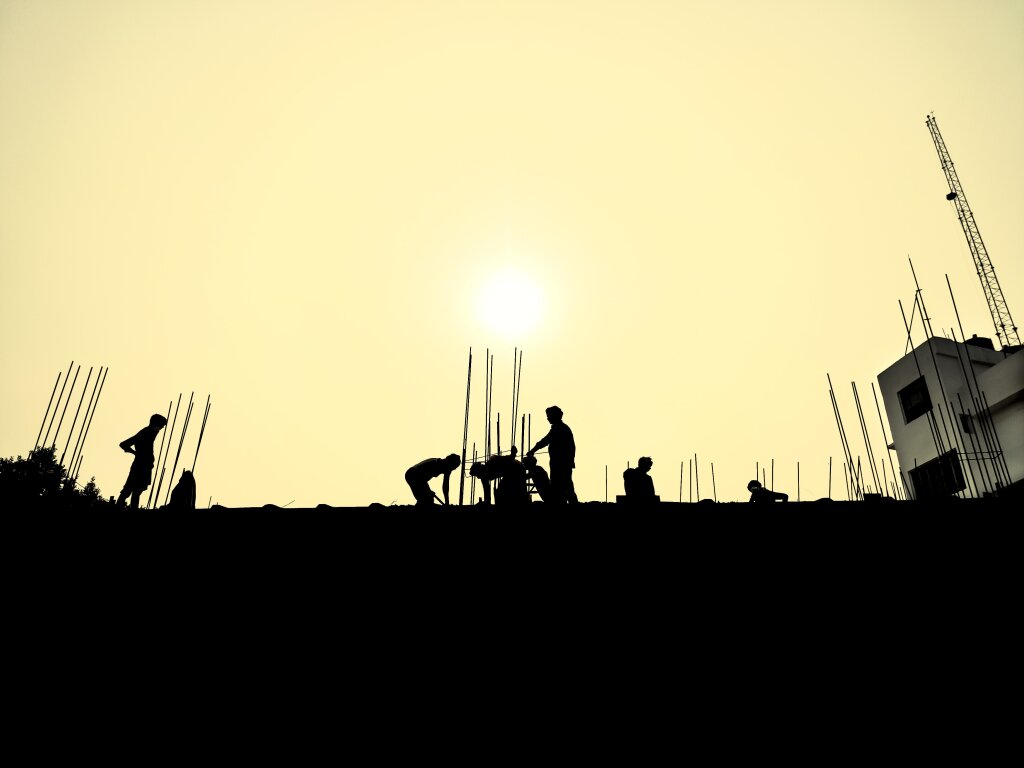By Ellie Peers | 4 min
Since I first joined the Writers’ Guild of Great Britain four years ago (as Assistant General Secretary), one of my biggest bugbears is that every time I turn my back for five minutes, the
As a trade union representing writers in film, TV, theatre, radio, books, comedy, animation and videogames, the following makes worrying reading for us. Although women represent over 51% of the population in the UK, women write 14.6% of films and 32% of prime-time, including continuing drama series (soaps), and 31% of new stage plays.
I was recently appointed General Secretary of the union and as a result we have an all-female senior leadership team (I join Chair Gail Renard and President Olivia Hetreed, both talented screenwriters in film and TV). Those good tidings were somewhat muted by the news in the same week that only one in 10 musicals are written by women.
Can the glass ceiling get any lower for women writers? And if it does, will it actually become a floor, and will we be lost for any adequate metaphors to describe this dismal situation? I know talented female writers exist because I look through our member database quite regularly to reassure myself. They are there. Why aren’t they getting a higher percentage of the commissions?
This is why I have recently commissioned a major study, to be carried out by leading
academic Stephen Follows and funded by the Authors’ Licensing and Collecting Society. It
will look at the under-representation of women writers in film and TV. And this is just the
start.
I’m sure it will reveal some illuminating data – but one thing I am clear about is that we must
use the findings to effect real change, which is it is why it will form the basis of a WGGB
campaign.
It is all very well gathering data, but only if we can use this data to move forwards. This is
why I was recently persuaded that WGGB should join media and entertainment union
BECTU’s boycott of the broadcasters’ Project Diamond diversity monitoring initiative,
following the broadcasters’ refusal to publish equality monitoring data for individual
programmes or series, or to share the date in confidence with recognised trade unions.
The initiative, which is managed by the Creative Diversity Network, aims to capture the
equality monitoring data of all those working on programmes commissioned by the BBC,
ITV, Channel 4 and Sky. The broadcasters have said that they will publish data only for
genres and job grades.
BECTU’s Black Members’ Committee provided compelling arguments that this will fail to
bring about any significant improvement in the under-representation of black, Asian and
minority ethnic (BAME) workers in television. The National Union of Journalists has also
joined the boycott.
The creative industries are worth over £84 billion per year to the UK, yet the growing trend of
asking writers to work for free means those from poorer backgrounds are being shut out.
WGGB is addressing this though our Free Is NOT an Option campaign.
And there are other groups that are under-represented too – LGBT+ writers, and writers with
disabilities.
Writers give a voice to the voiceless, they tell the stories of our times, they speak to us in
ways we often can’t articulate but connect with in a very deep way. They do these and a
million more things and it is essential, if our creative industries are to flourish, that we have
fresh stories, told from different perspectives.
It is also only fair that in the 21 st century, these sectors – like every other sector – have
equality and diversity as their basic foundation.
Ellie Peers is the newly appointed General Secretary of the Writers’ Guild of Great Britain.



